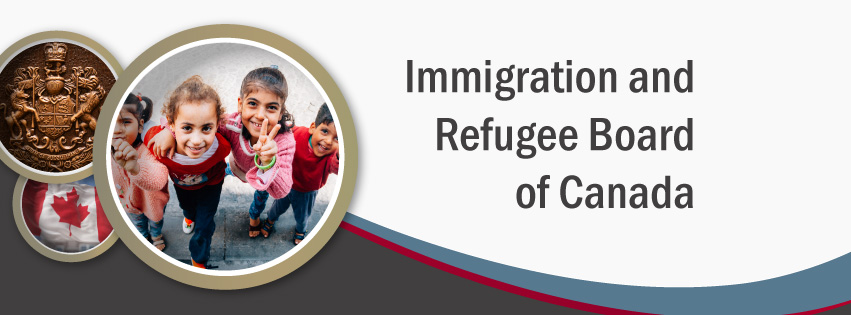
OTTAWA — A highly critical federal audit is fuelling calls for fundamental reforms to Canada’s border agency and the way it deals with detainees during investigations and immigration hearings.
The newly released audit of the Immigration and Refugee Board looks at hearings and decisions in randomly selected cases where immigration detention exceeded a minimum of 100 days.
While the external audit, commissioned by former IRB chairman Mario Dion, focuses on the Immigration Division of the board, it also shines a light on the role and behaviour of Canada Border Services Agency officers.
The audit uncovered inaccurate statements made by CBSA officers involved in board hearings, immigration adjudicators deciding the fate of cases based on false information, and detainees left unrepresented and powerless at hearings.
The audit describes the relationship between the CBSA and the IRB as “regional” with the CBSA being more helpful in some areas than others. The CBSA was reported to be “tougher” in Ontario, more adversarial in their hearing conduct, and also more likely to overstate evidence or draw conclusions based on speculation rather than fact, states the report.
And in some hearings the Immigration Division official reported being “intimidated” by the “vehement positions” expressed by the CBSA hearing officer.
The border agency has authority to detain newcomers to Canada if they are deemed to be a danger to the public, their identity cannot be verified or they are considered a flight risk. The agency holds people in special facilities and, in many cases, in provincial jails across Canada.
In 2017, 3,557 individuals were held in immigration detention in Canada, a decrease from 3,870 detainees in 2016.
The Liberal government has promised to find more alternatives to detention. The CBSA is set to unveil new measures Tuesday intended to spur the release of refugee claimants and other foreign nationals into communities while their cases are being reviewed.
Meanwhile, the House of Commons immigration committee is scheduled to hold an extensive emergency meeting Tuesday on the issue of asylum seekers at the U.S.-Canada border. The committee will hear from federal ministers, experts and others.
The shortest period of detention reviewed by the auditors was four months and the longest was over seven years.
In its response to the audit, the IRB accepted the review’s various recommendations for improvement, including working with the border agency on treating people in detention fairly.
Still, Josh Paterson, executive director of British Columbia Civil Liberties Association, said the audit findings “cry out” for fundamental change in the culture and conduct of the border agency.
“The audit reveals alarming misconduct on the part of CBSA, including misleading the immigration tribunal, some CBSA officers conducting themselves in a way that intimidates tribunal members, and failing in their duty to ensure that people are treated fairly and are deprived of their freedom only as a very last resort,” said Paterson.
There should be a dedicated watchdog to hold CBSA accountable, Paterson said, adding the government needs to make good on its promise to have move oversight for the agency before the next election.
Lobat Sadrehashemi, president of the Canadian Association of Refugee Lawyers, said the audit is proof of what advocates have known for years — that immigration detention in Canada is “cloaked in unfairness” and needs systemic reform.
Sadrehashemi echoed Paterson’s concerns about the CBSA and said many of the issues identified by the auditors have not been addressed.
“The government must act quickly to start a process of profound, systemic change in how CBSA operates. This audit makes clear that CBSA has seriously failed in their obligation, as representatives of the federal government, to treat people fairly and according to law.”